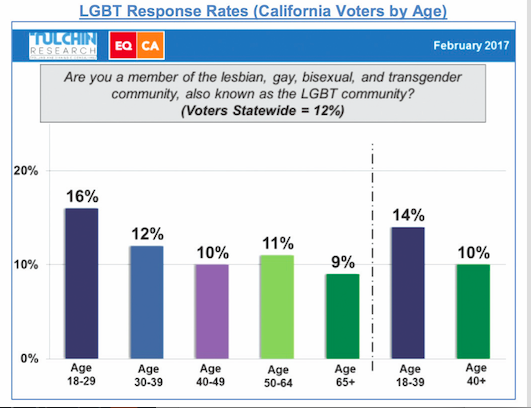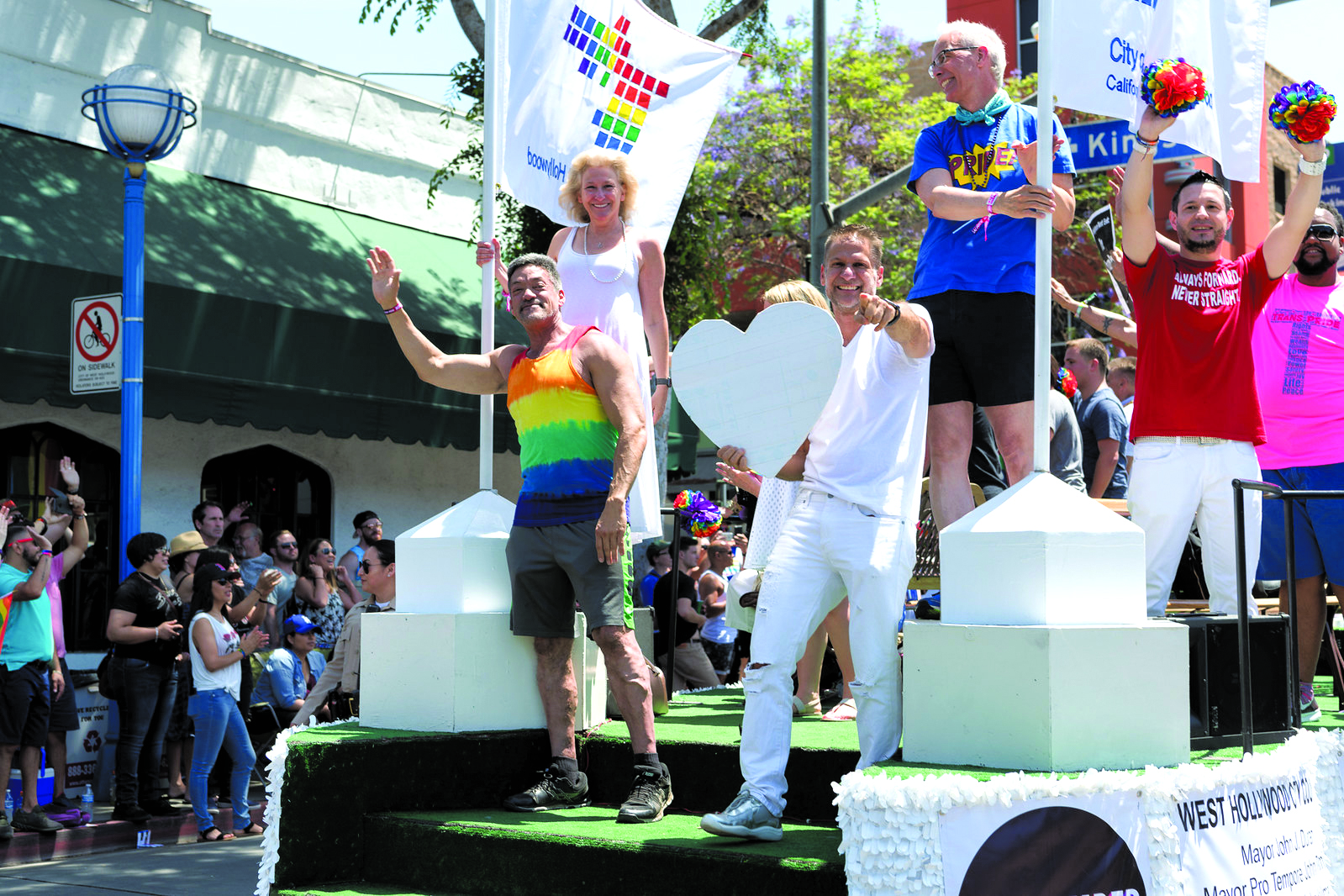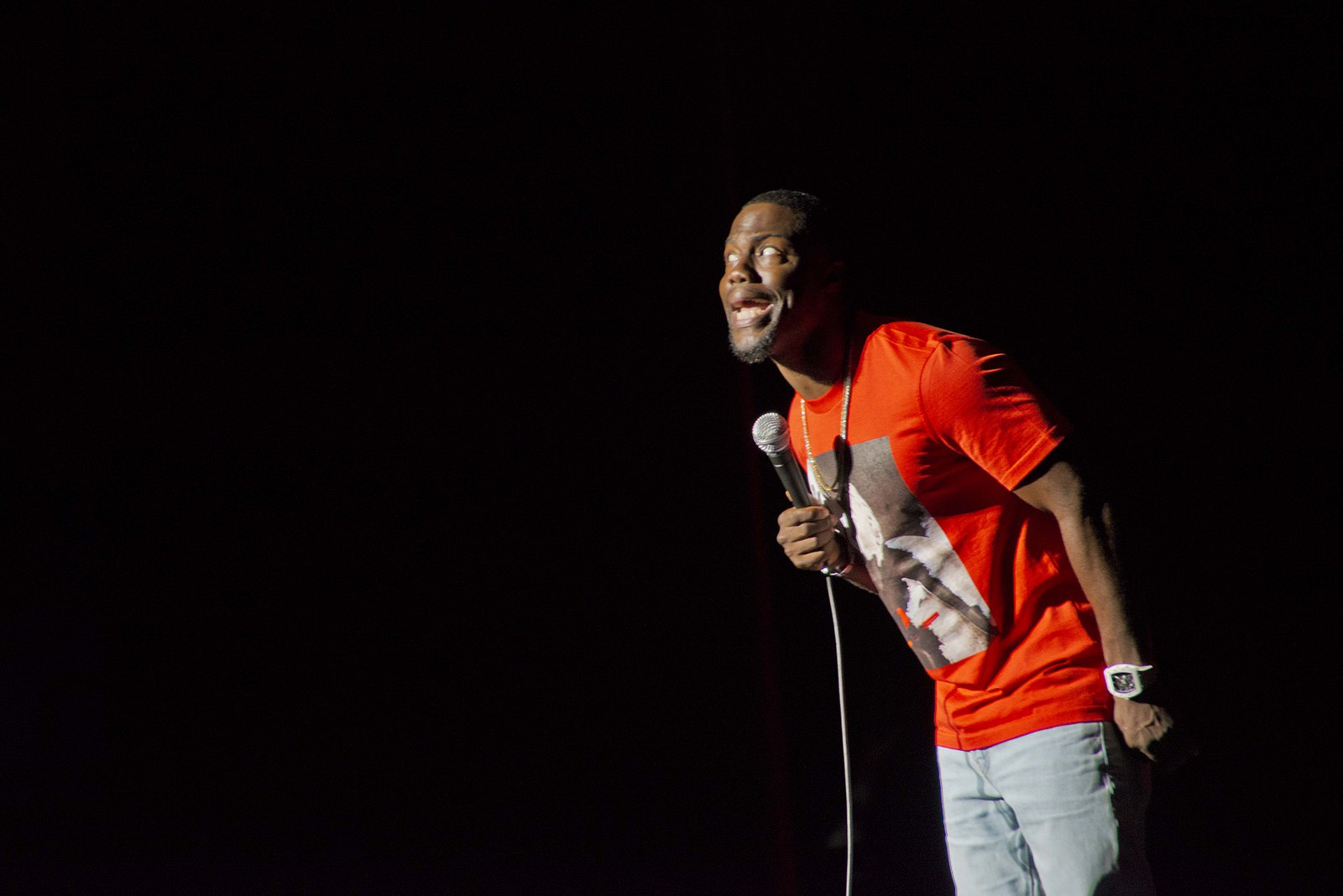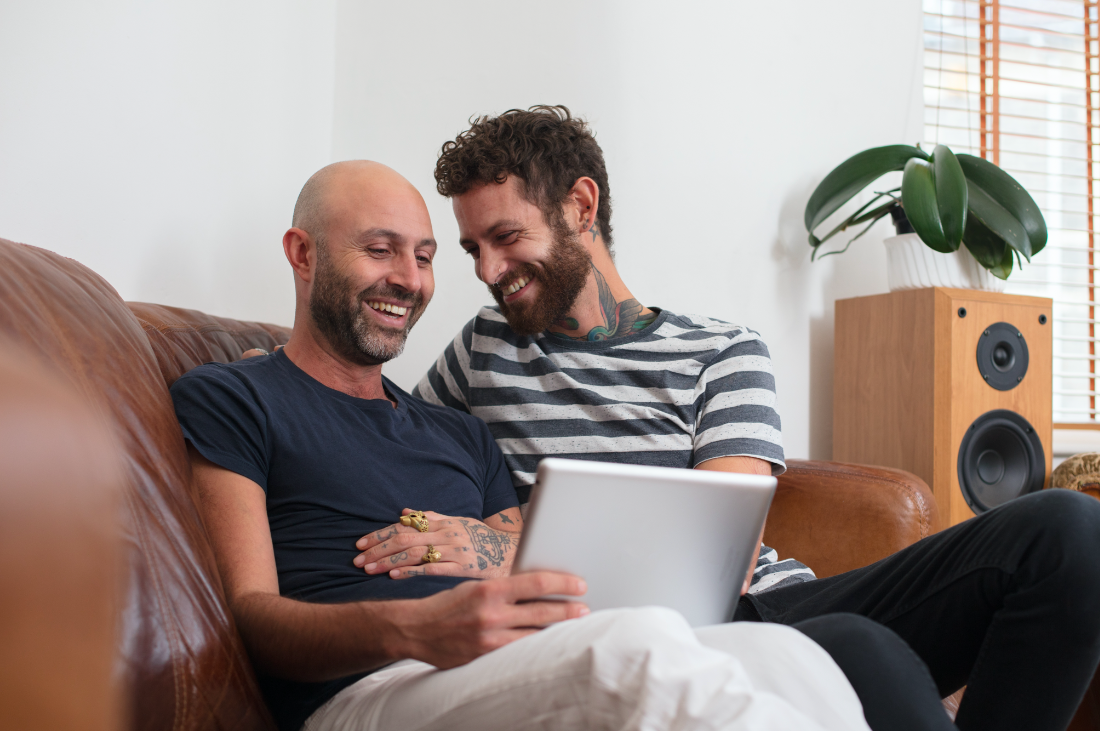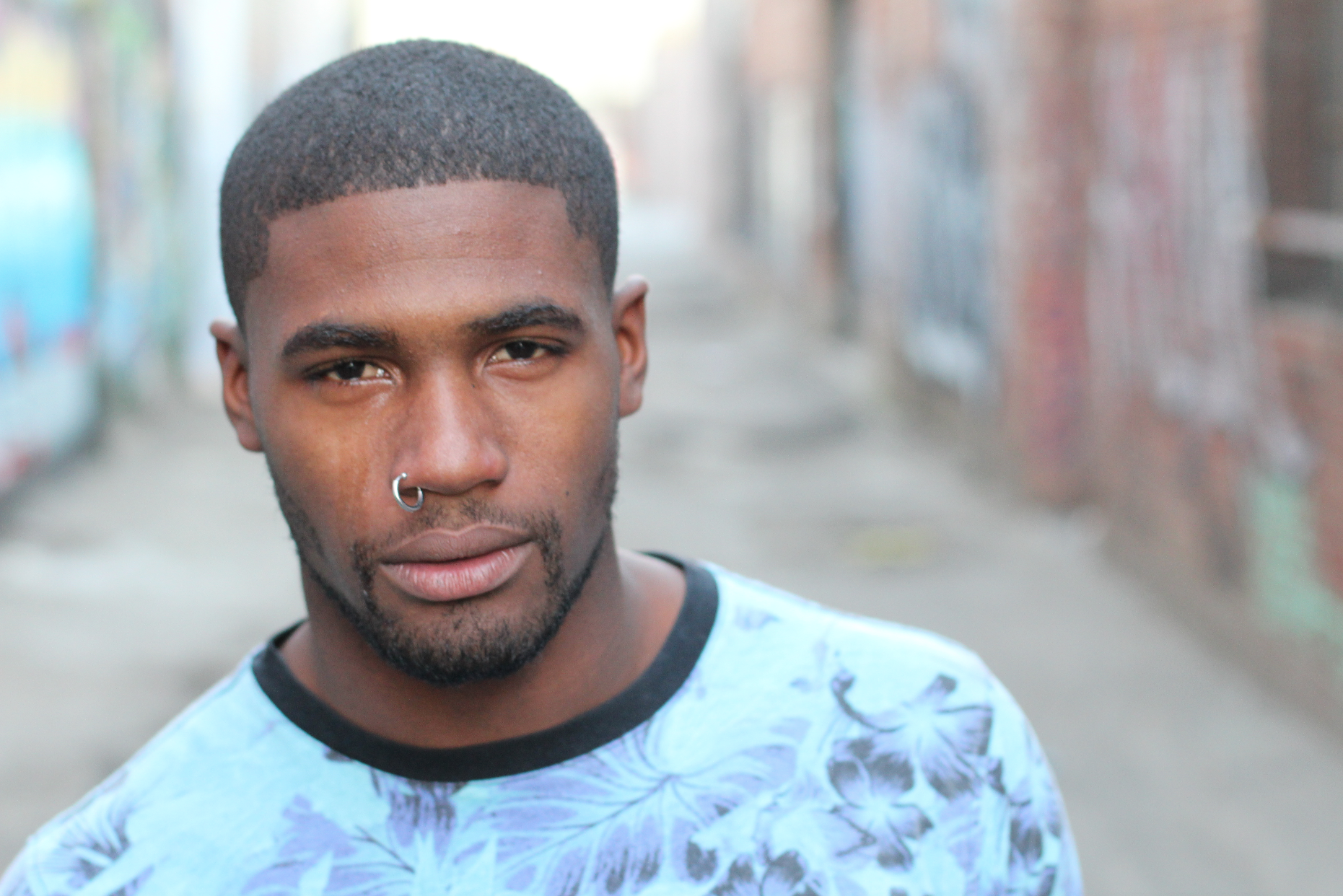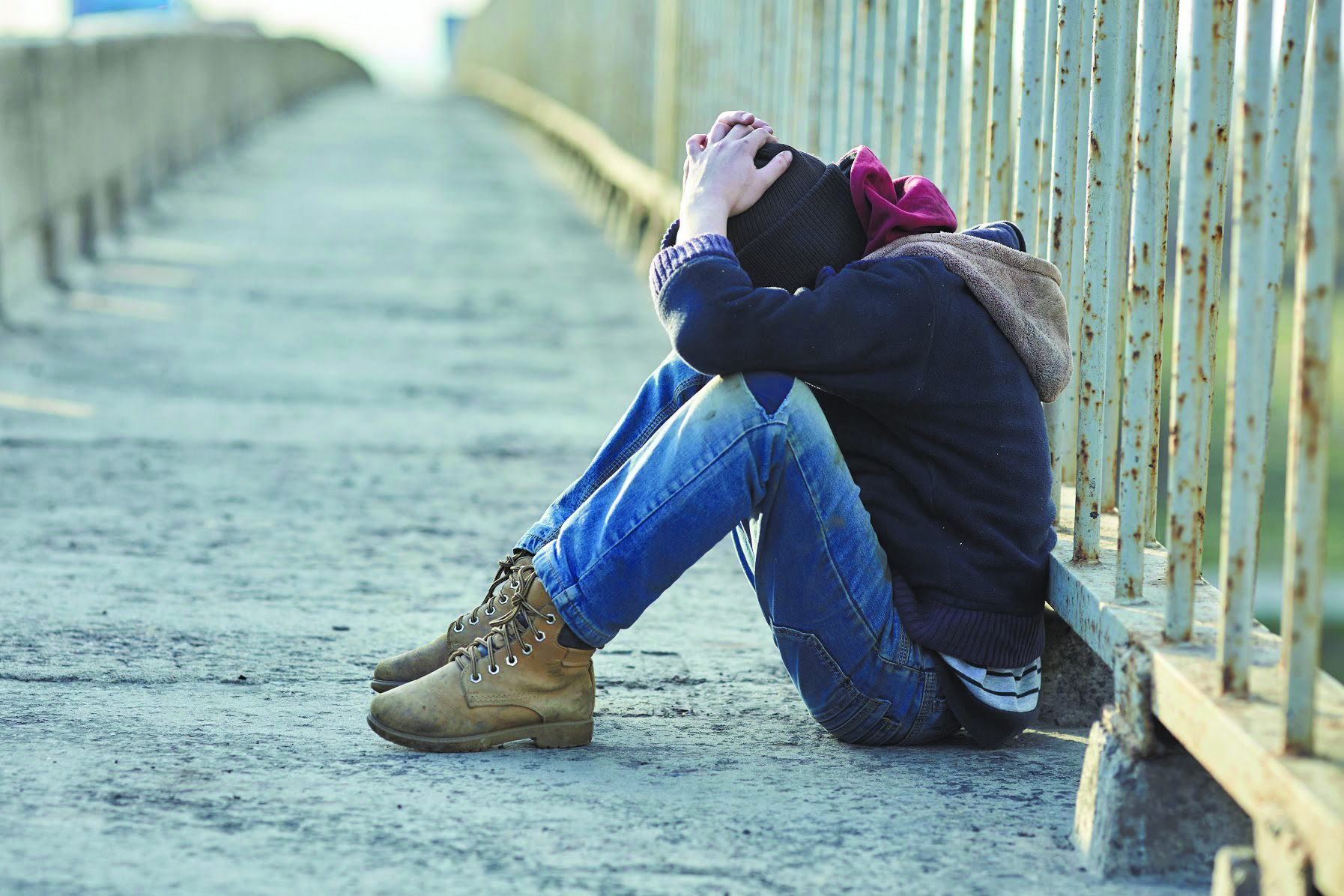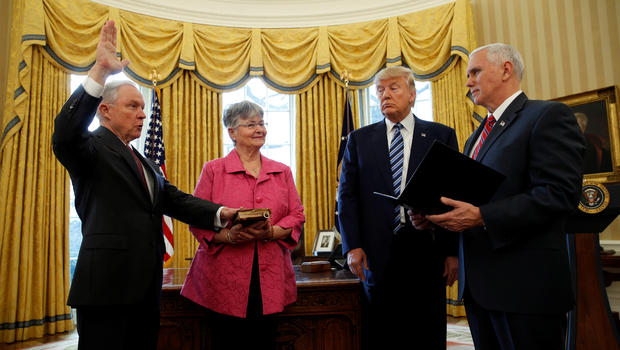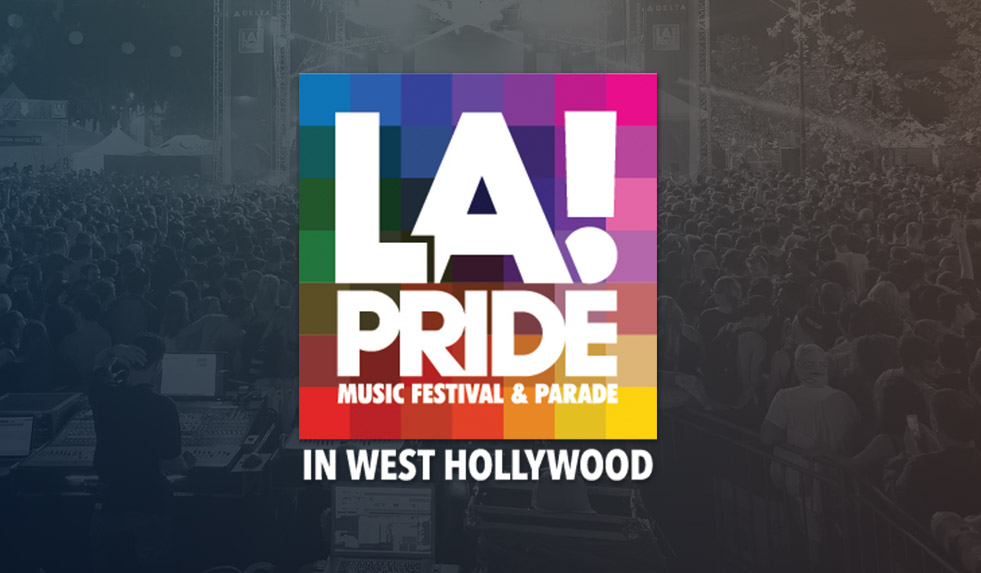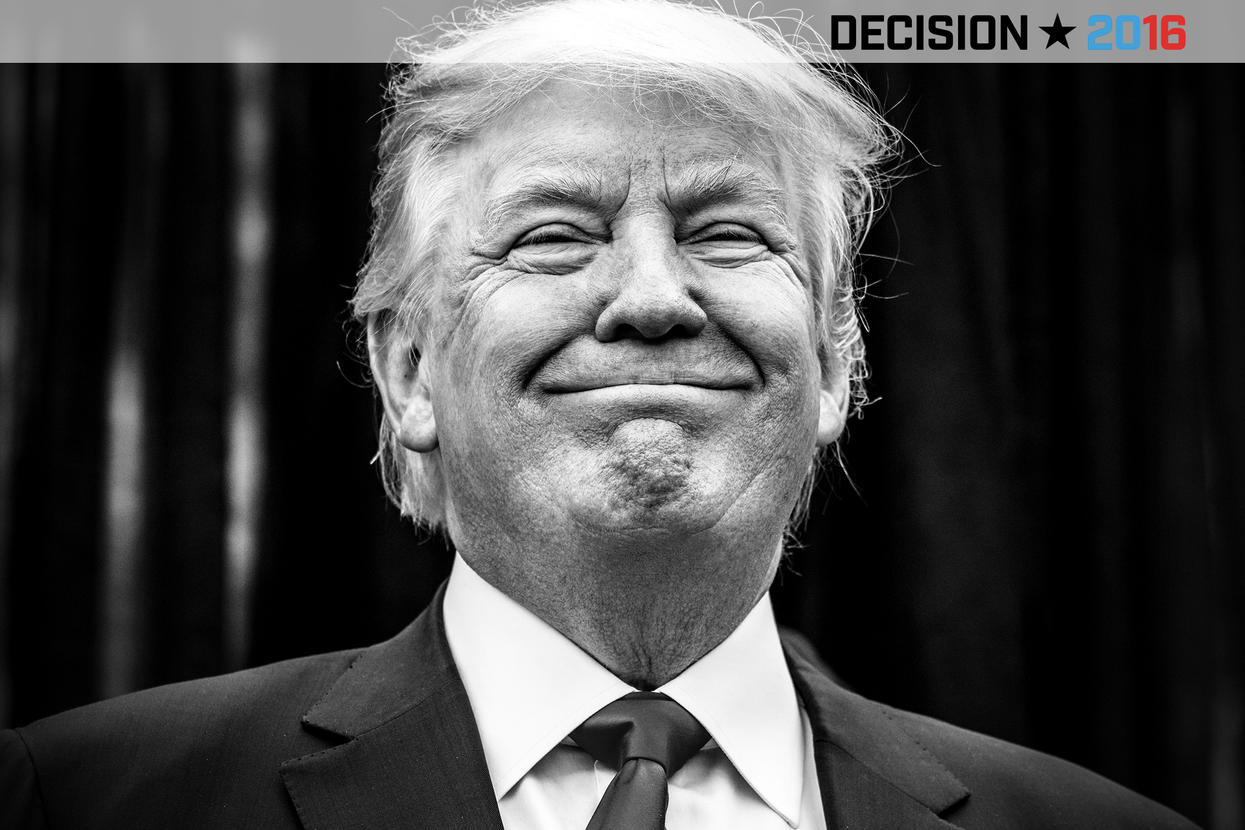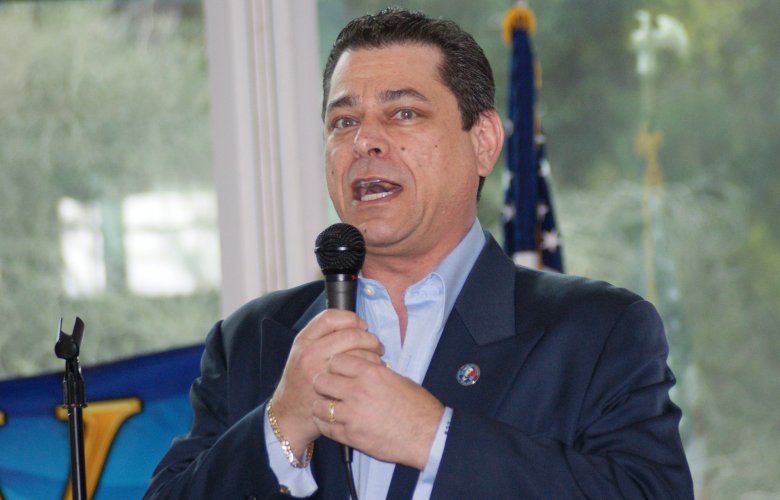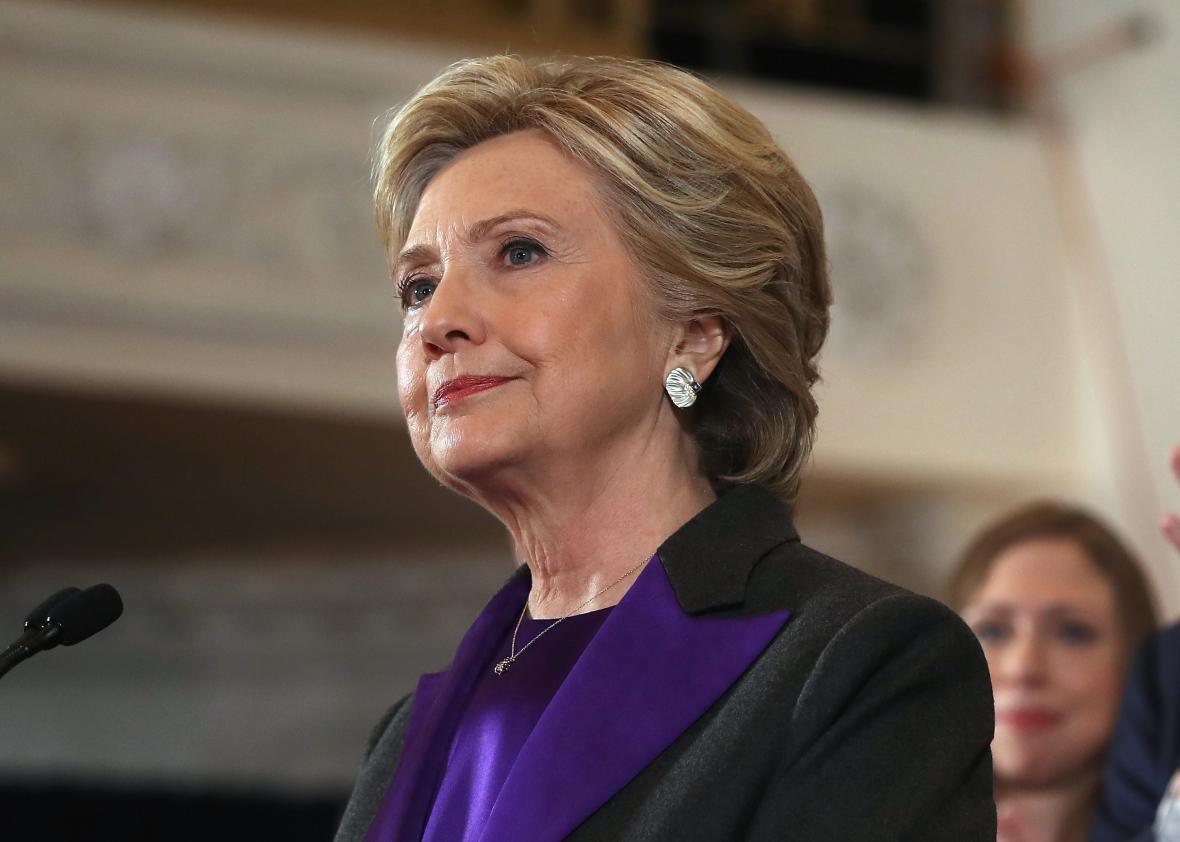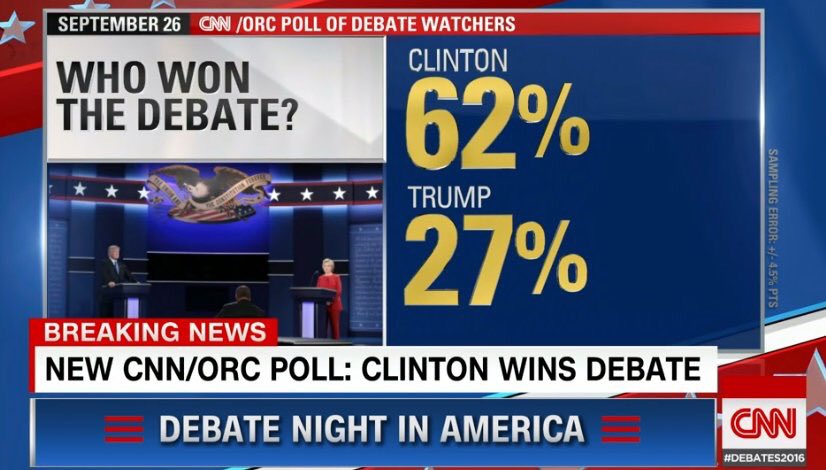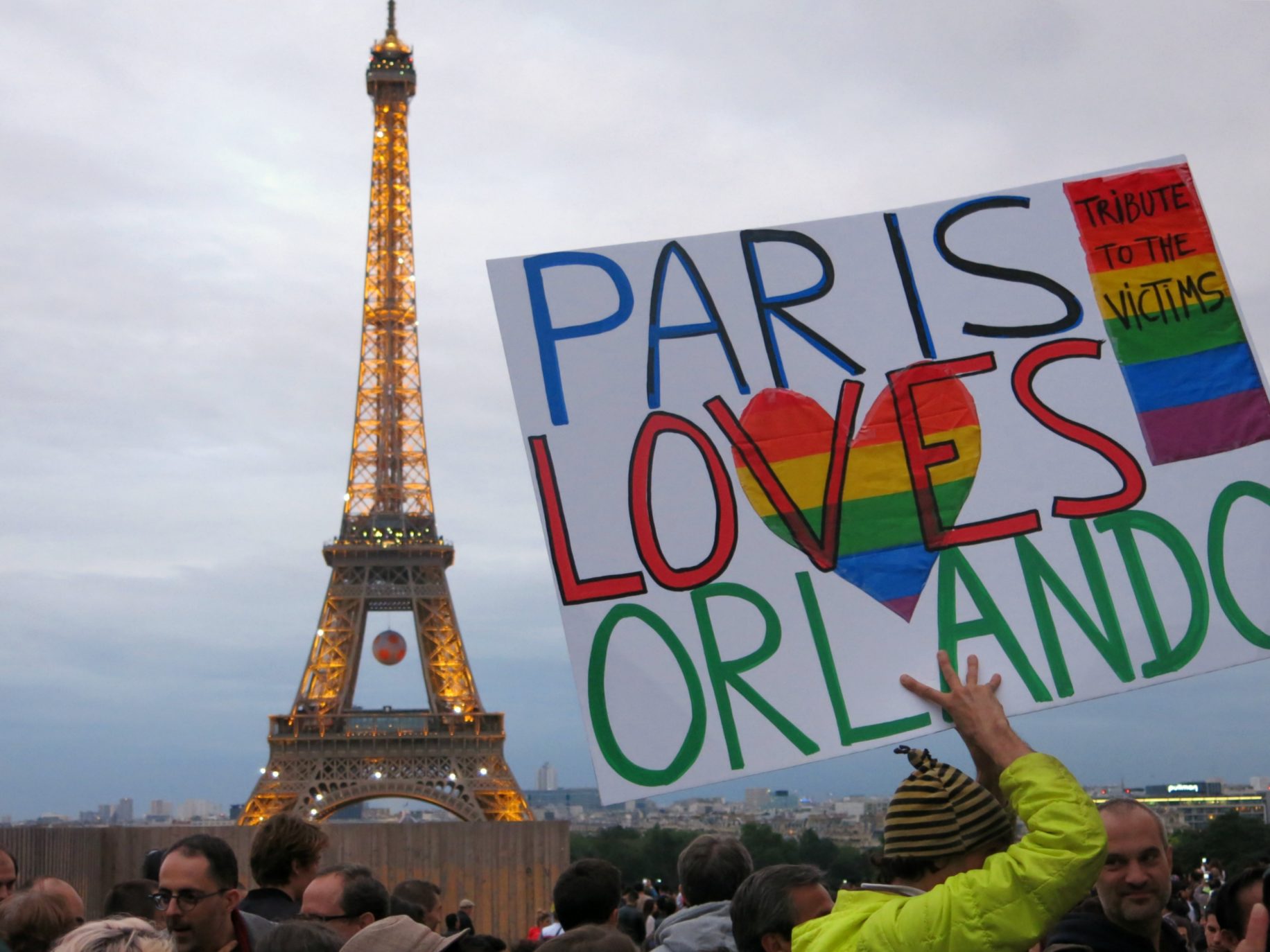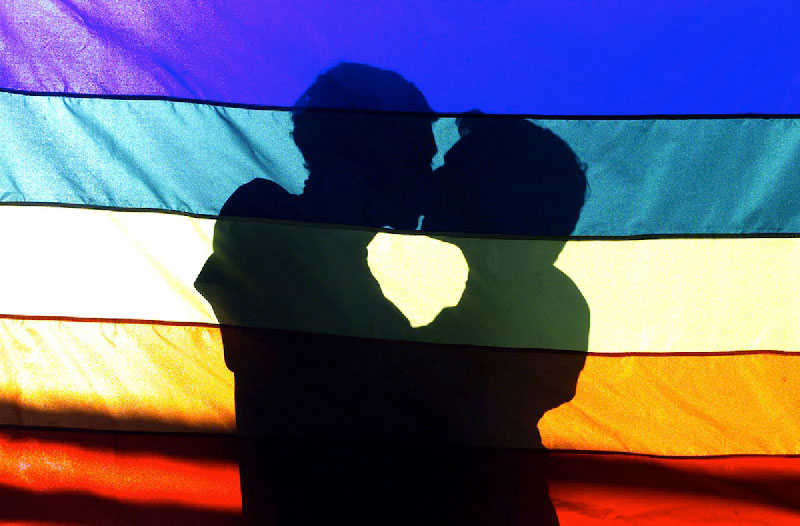A poll conducted by Tulchin Research in January, has found that 12 percent of California voters identify as being members of the LGBT community, reports Equality California.
The online survey of 600 registered voters asked, “Are you a member of the LGBT community?” The answers showed notable divisions by age, with 16 percent of respondents ages 18-29 identifying as LGBT, while 10 percent of those aged 40 and above did so. The survey shows significantly more people identifying as part of the LGBT community across all age categories than has traditionally been the case in previous polls conducted by telephone.
“This poll gives us new data indicating that the number of LGBT people who are part of the California electorate is significantly higher than previously estimated,” said Rick Zbur, executive director of Equality California. “Because of our decades-long fight for full equality and social justice, it’s not surprising that LGBT people are especially engaged in the political process and appear to make up a significant percentage of the voting public. LGBT organizations have traditionally estimated that LGBT people comprise four to 10 percent of the general population, based in part on surveys that set the number at the low end of that range. Homophobia and a lack of acceptance make many LGBT people unwilling to disclose their sexual orientation or gender identity publicly or to a stranger over the phone. While this is only one survey, it used sound methodology to examine a statistically valid sample of California registered voters and demonstrates that LGBT people make up one of California’s largest voting blocs.”
“Politicians take note: with 12 percent of the electorate, LGBT people make up one of the largest voting blocs in California and our issues must not be ignored,” said Assemblymember Evan Low (D-Silicon Valley), chair of the California Legislative LGBT Caucus. “With strength in numbers, LGBT voters stand ready to hold their elected representatives accountable.”
Tulchin Research pollsters believe that the wording of the question and the anonymity of completing a survey online, rather than disclosing personal information to a stranger over the phone, contributed to higher numbers identifying as LGBT.

